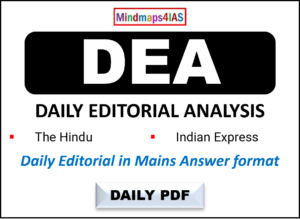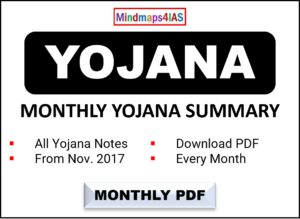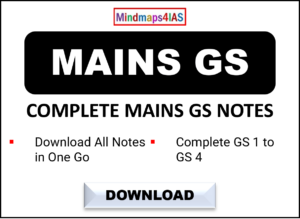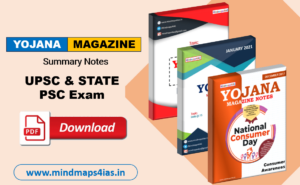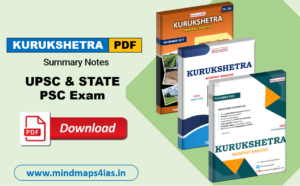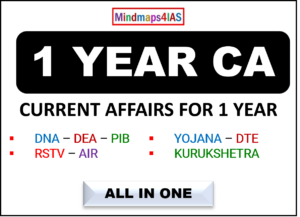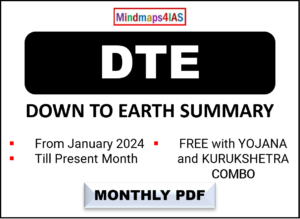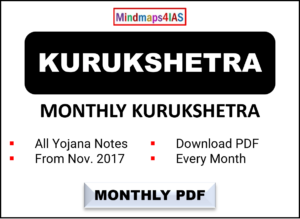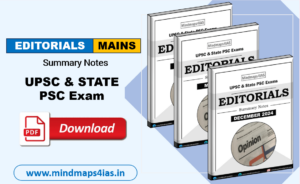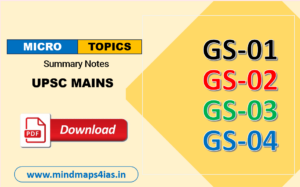- Source – The Hindu
- Link – https://www.thehindu.com/opinion/lead/spiritual-orientation-religious-practices-and-courts/article68371951.ece
- Syllabus – GS Paper 02
- Topic – Indian Polity – Judiciary
What is the issue?
The article discusses a recent court decision in India that allows a controversial religious practice. It examines how the judiciary determines which religious practices are essential and protected under the law, often leading to inconsistent rulings that limit religious freedom based on constitutional principles.
Madras High Court’s Ruling on Angapradakshinam:
- 2024 Decision: Justice G.R. Swaminathan allowed the angapradakshinam practice, citing freedom of religion (Article 25) and right to privacy (Article 21).
- Overturned 2015 Ruling: The 2024 decision reversed a 2015 ban due to caste discrimination concerns.
- Inclusion of All Castes: Justice Swaminathan noted participation from various castes.
Criticism of the Case:
- Lack of Essentiality Test: The court didn’t rigorously examine whether angapradakshinam is an essential religious practice.
- Health Concerns: Hygiene and health risks were overlooked.
- Inconsistent Judicial Reasoning: Courts’ approach to defining essential practices lacks consistency.
Past Judicial Treatment of Essential Practices
- Sri Shirur Mutt (1954): Essential practices determined by religious texts.
- The Durgah Committee, Ajmer (1961): Only integral practices protected under freedom of religion.
- Gramsabha of Village Battis Shirala (2014): Live cobra worship not essential as not supported by religious texts.
- Mohammed Fasi (1985): Beard growth not essential in Islam unless Quran-mandated.
- Acharya Jagdishwarananda Avadhuta (2004): Tandava dance not essential without historical religious basis.
- M. Ismail Faruqui (1995): Specific mosque prayer not essential unless mosque holds religious significance.
What needs to be done?
- Courts should prioritize constitutional values over religious texts.
- Practices aligning with fundamental rights and public health should be deemed essential.
- This approach balances religious freedom with societal progress, as shown in evolving jurisprudence from Sri Shirur Mutt (1954) to recent rulings like M. Ismail Faruqui (1995).


